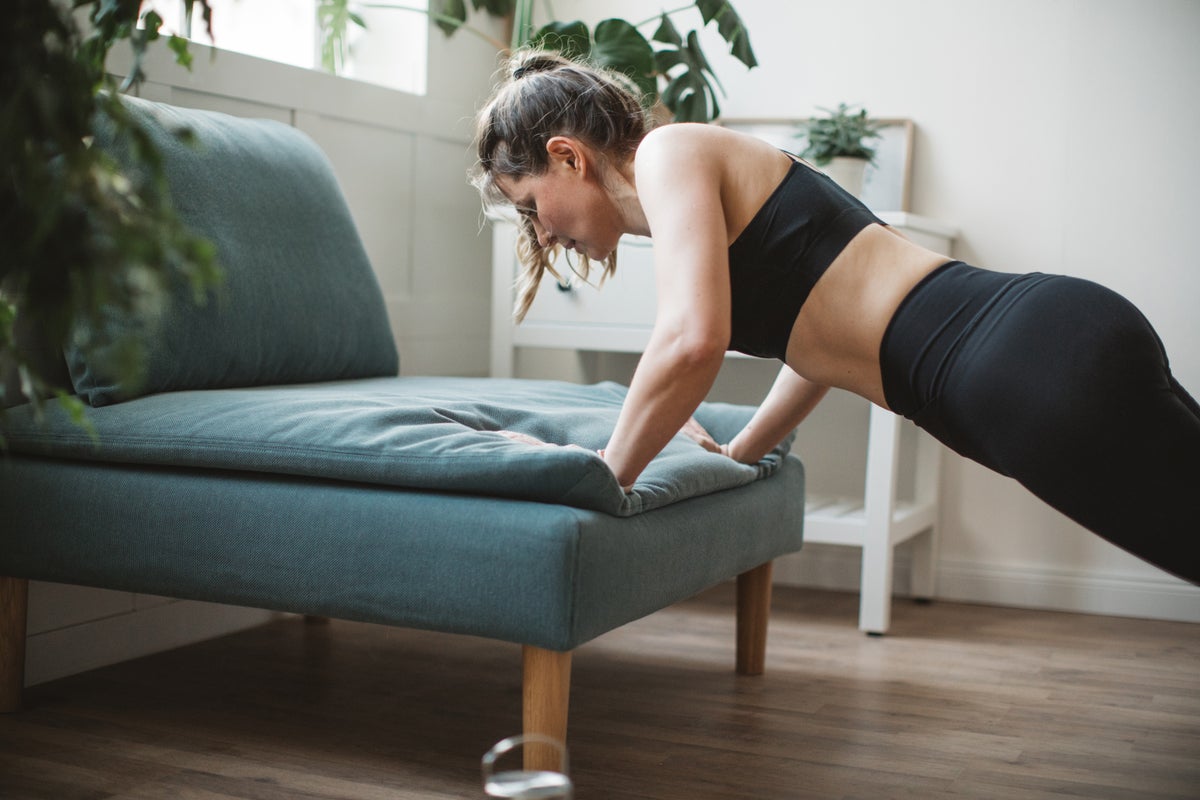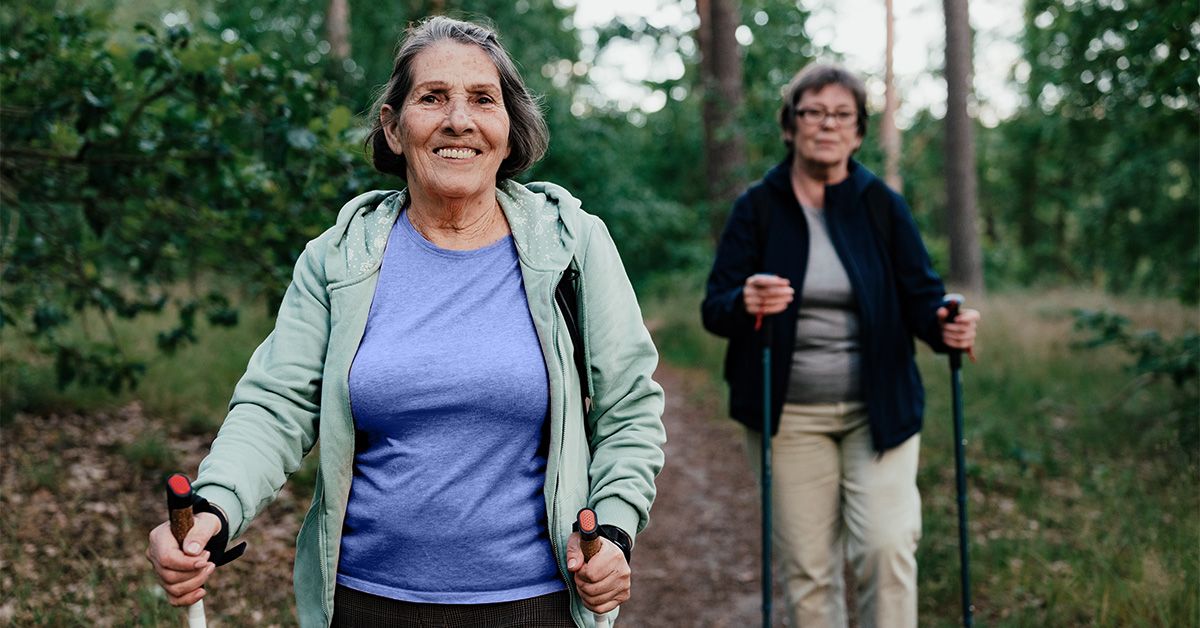- Primal Design
- Posts
- Primal Design Newsletter
Primal Design Newsletter
Curated content from the best in Health & Fitness designed to empower you to live longer, stronger and more primal

Hello my wellness warriors! This is your 5 minute weekly dose of functional health and fitness goodness from the best in the business. This week we have content in the areas of Physical Health and Nutritional Health plus the latest must-read news and articles Enjoy!
Physical Health 💪
Summary:
In this discussion between Dr. Andy Galpin and Dr. Allison Brager, they delve into sleep efficiency, resilience, and the impact of various factors like circadian rhythms, environment, and genetics on sleep quality. They explore how individuals, such as athletes and military personnel, can optimise sleep and recover effectively under different circumstances.
Highlights:
💤 Sleep Resilience: Dr. Brager emphasises that improving sleep efficiency helps individuals thrive, rather than just survive.
🌍 Circadian Influence: Performance is often tied to optimal timing based on individual circadian rhythms, with West Coast athletes benefitting from their natural schedules.
🧬 Genetic Factors: Sleep patterns can be influenced by genetic predispositions, highlighting the role of chronotypes in performance.
⚖️ Sleep Myths: The idea that individuals can easily shift their sleep patterns is debunked; rather, gradual changes are necessary.
📈 Jet Lag Strategies: Effective strategies for managing jet lag include melatonin use and gradual adaptation to new time zones.
🏋️ Physical Performance: Morning training aligns with cortisol peaks, optimising psychological and physical performance.
🍽️ Sleep-Inducing Foods: Certain foods, like kiwis and warm milk, can promote better sleep quality when consumed before bed.
Practical takeaways:
Go to bed and wake up at the same time—even on weekends.
This one habit helps reset your internal clock and boosts sleep quality almost instantly.Take a power nap (20–30 minutes) if you're low on sleep.
Just one short nap can recharge your brain without messing up your nighttime rest.Skip melatonin unless you're traveling.
Regular use can backfire—opt for magnesium instead to help you relax and stay asleep.Take a hot shower before bed.
It cools your body down afterward, signalling it’s time to sleep—simple and effective.Expose yourself to natural sunlight within 30 minutes of waking.
It’s a powerful (and free!) way to boost energy, mood, and sleep-wake rhythm.Sleep in a cool room—especially if you travel often.
Keeping your bedroom cool is one of the easiest ways to improve sleep instantly.Drink electrolytes, not just water.
Staying hydrated with the right minerals helps your brain and body rest and recover better.Use your mornings for workouts and caffeine.
You’ll ride your natural energy wave and sleep better at night.Struggling with sleep? Train it like a muscle.
Improving sleep takes time—small, consistent changes work better than quick fixes.Stop chatting right before bed.
Deep talks at bedtime can spike alertness—save them for earlier in the evening.
Did you know 💡
Vitamin D—often called the "sunshine vitamin"—does more than just support your bones. Research shows that taking a daily vitamin D3 supplement for four years can actually slow down key signs of aging. So even if you don’t soak up much sun, a small daily dose could make a big long-term difference to your health and vitality.
Nutritional Health 🥩
Summary:
Dr. Sarah Berry discusses common nutrition myths and misconceptions, emphasising the importance of evidence-based advice in food choices and the detrimental impact of misinformation.
Highlights:
🥦 Expert Insight: Dr. Berry has 25 years of experience in nutritional science, stressing the need to listen to qualified experts.
📅 Food Timing Matters: Consuming food after 8:00 PM can negatively impact health, influencing weight and metabolic outcomes.
🚫 No Superfoods: There are no “silver bullets” in diet; rather, a balanced approach with varied, minimally processed foods is essential.
🍽️ Mindful Eating: Eating too quickly diminishes fullness signals; slowing down can reduce energy intake effectively.
🥗 Healthy Snacks: Choose nutritious snacks to enhance diet quality; simple changes can yield significant health benefits.
🧠 Gut Health: Maintaining gut health through fibre-rich foods is crucial for overall well-being and metabolic health.
📈 Ongoing Research: Nutrition science evolves rapidly, and it’s essential to stay informed about the latest evidence and avoid misinformation.
Practical takeaways:
Stop eating after 8 PM
Your body handles food better earlier in the day. Late-night meals can mess with your metabolism and increase hunger the next day.
Slow down your meals
Eating just 20% slower can help you eat less without feeling deprived. Set down your fork between bites and actually taste your food.
Swap your snacks
Replace your usual crisps or sweets with nuts, yogurt, or veggies with hummus. It’s an easy switch that can improve your heart health.
Aim for 7+ hours of sleep
A good night’s sleep isn’t just rest—it helps control cravings, boosts your mood, and keeps your metabolism on track.
Don’t fear healthy fats
Natural seed oils like sunflower or rapeseed are fine. The real problem is heavily processed fats like those in old-school margarines.
Try a 10-hour eating window
Eat all your meals within 10 hours (e.g. 8 AM–6 PM) to reduce inflammation and improve energy. It’s intermittent fasting made simple.
Start your day with a better breakfast
A high-fibre, protein-rich breakfast can set you up to avoid energy crashes and overeating later on.
Mix up your plant foods
Your gut loves variety. Challenge yourself to eat 30 different plants a week (yes, herbs and spices count!).
Pay attention to food form – Whole foods (like whole nuts or unprocessed veggies) are better than packaged “health” foods. Your body absorbs them differently.
Enjoy your food (seriously) – Strict diets that suck the joy out of eating don’t last. Eating well should feel good, not like punishment.
In the press 🗞️
Health & Fitness Challenge 🏋️
🌟 The "Feel-Better Fast" Health & Fitness Challenge
No strict schedule. Just simple actions that will upgrade your energy, sleep, and mood—start with one and build from there.
Get 15 Minutes of Natural Sunlight Each Day
Morning light is best for boosting mood, setting your sleep clock, and increasing vitamin D naturally.Do 10 Minutes of Strength-Based Movement
Squats, lunges, planks, or resistance bands—this builds muscle, strengthens bones, and improves longevity.Add One Vitamin D-Rich Food to Your Week
Think salmon, eggs, mushrooms, or fortified milk—easy upgrades to your regular meals.Wind Down Without Screens for 30 Minutes Before Bed
Read, stretch, journal, or simply rest—this helps your brain transition to deep, restorative sleep.




